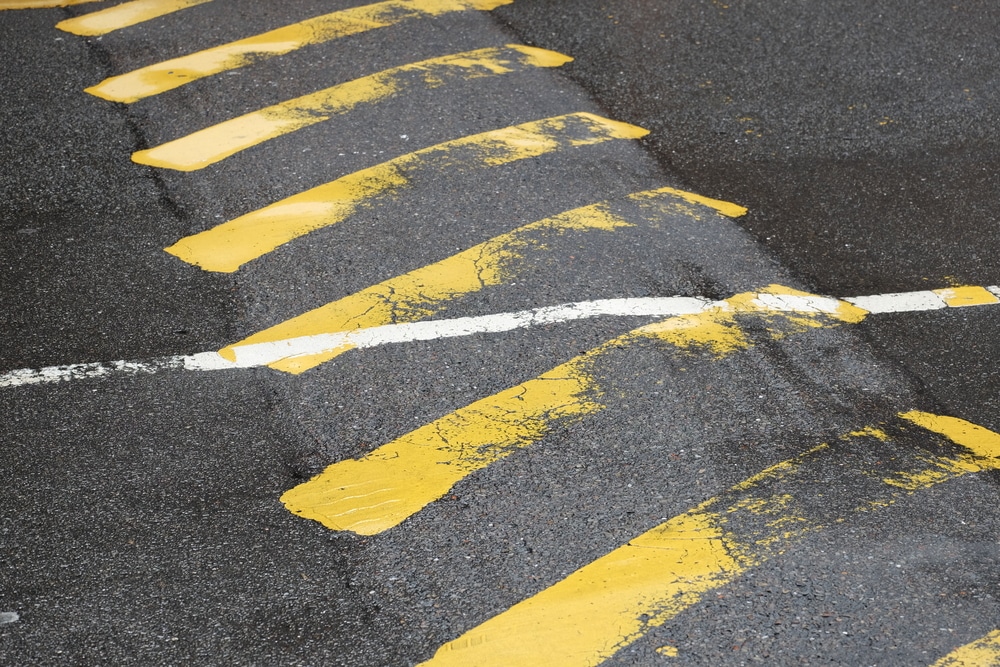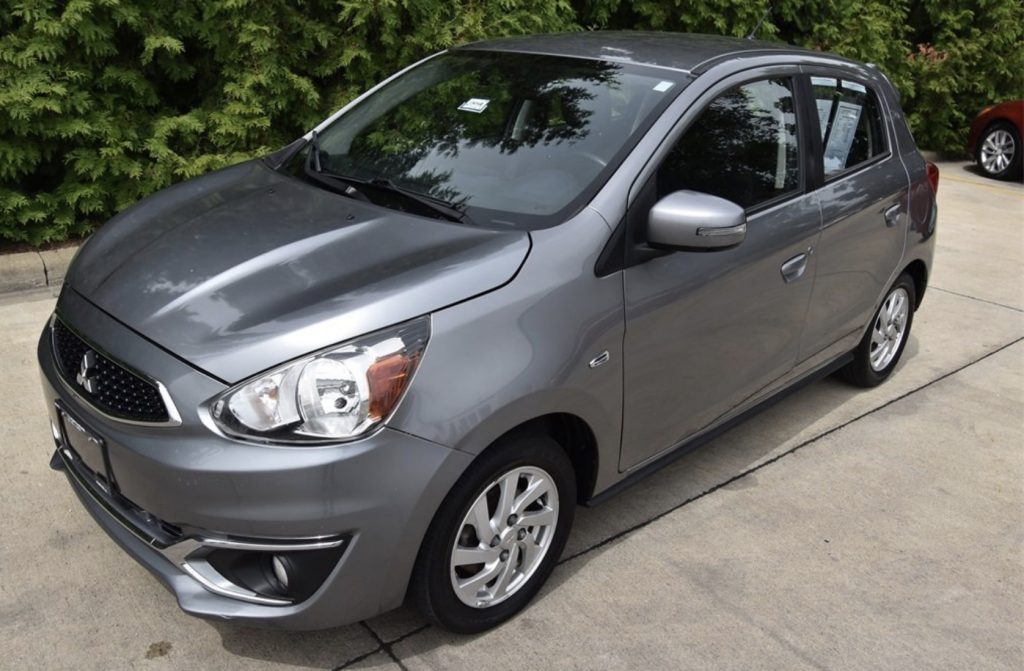Shocks and struts typically don’t last for the lifetime of a vehicle, If your Mitsubishi Mirage is experiencing poor handling, excessive wear on tires and suspension components, or a jarring noise, it likely has bad shocks or struts.
If your Mirage is experiencing any steering problems, it’s vital to check your car out immediately, as bad shocks or struts can be dangerous
In this article, we’ll discuss the common bad shock symptoms/bad strut symptoms so that you know what to look for when inspecting your Mirage. We’ll also provide some tips on diagnosing these issues and what steps need to be taken to repair them properly.
The most noticeable symptom of bad shocks or struts is noticeable bouncing or noise when going over bumps.
Why Shocks and Struts are Important
Shocks and struts are vital to your Mirage’s ride comfort, vehicle stability, handling, and braking.
They absorb bumps and vibrations on the road surface, which reduces the jarring effects of driving over uneven pavement.
Shocks also help to stabilize your car when cornering or taking curves at higher speeds.
Struts combine shocks and springs into one component that not only absorbs shock but also helps to support the vehicle’s weight while providing suspension control.
In addition, they improve steering responsiveness by counteracting body roll during turns.
Mitsubishi Mirage: Bad Shock or Strut Symptoms
Here are the most common signs of worn-out shocks and struts in the Mitsubishi Mirage:
1. Body Roll
Body roll is instability caused by lateral forces on your Mirage’s suspension. This can be an issue when cornering, as the car’s body will lean excessively, making it difficult to control your vehicle.
If your Mitsubishi Mirage is experiencing more body roll than usual, this could indicate something is wrong with your struts or shocks.
2. Bouncing After a Bump

Have you ever gone over a bump in the road and felt your car bounce or rebound more than it should have? This could signify something is wrong with your struts or shocks.
When properly functioning, these components should absorb bumps, so your Mirage gives you a smooth ride. However, if they are worn out, you may feel the car bouncing or rebounding more than it should.
3. Unsusal Noises
Another symptom of faulty struts and shocks is when your Mirage makes unusual noises while driving.
If you hear something like creaking, squeaking, or clunking coming from underneath your car while driving over bumps in the road, then it might be a sign that your struts and shocks need to be replaced.
4. Rough Ride
Another common symptom of failing struts or shocks is when your Mirage starts having an unusually rough ride while driving, even on generally smooth roads.
You may notice the car bouncing around more than usual as you drive over bumps, or the vehicle may seem to sway more than it should while driving. This can cause a lack of control while driving and make for an uncomfortable ride.
5. Uneven Tire Wear
Shock and struts keep your Mirage’s tires in contact with the road. If you notice that one tire is wearing more quickly than the other three, bad shock absorbers and struts could be causing this issue.
When your car’s suspension is not working correctly, it can create an uneven weight distribution on each tire. This causes those tires to wear down unevenly while the others remain relatively unscathed.
Pay attention to your Mirage’s tire tread depth. If it looks jagged or inconsistent, it could be a shock or strut causing it.
The most common manifestation of irregular tire wear is cupping. Cupping is when the middle of the tire takes on a concave shape while the edges stay flat.
If your Mirage’s tires show signs of cupping, it’s probably time to get your shock and struts checked out. Your mechanic can do an inspection to see if they are working correctly or need replacing.
6. Leaking Fluid
If you notice fluid leaking from your Mirage’s shock or strut, it’s a sign that they need to be inspected and replaced. This is because the internal seals of the shock or strut have failed, allowing the oil inside to leak out.
In some cases, the fluid loss may result from normal wear and tear over time. If you notice any leakage, inspect your car’s shocks or struts and replace them if necessary. Doing so will help ensure a smooth and safe ride for you and your passengers.
Leaking fluid is one of the most common signs of a bad strut or damaged shocks.
Shocks vs. Struts


How do you know if your Mirage has a bad shock or a faulty strut? They are similar in function, but they have distinct differences.
Shocks use hydraulic fluid and valves to control how quickly the suspension can compress and extend. Struts provide structural support for the suspension system and also dampen spring oscillations.
If your Mirage has struts, they are dangerous to remove. If your struts need to be replaced, you must ensure you have the right tools and knowledge to work on them without damaging your car (or yourself). Here’s a video demonstrating how to remove a strut from a car.
Conclusion
If you’ve been experiencing any of these symptoms, it might be time to get your Mitsubishi Mirage’s struts or shocks checked out. Replacing them is the only way to restore proper suspension and handling if worn out.
If you don’t feel like you’re up to changing them, a qualified technician can diagnose the issue quickly and get you back on the road safely in no time.
Replacement shocks and struts are worth the investment in your safety. Get them checked out today!

